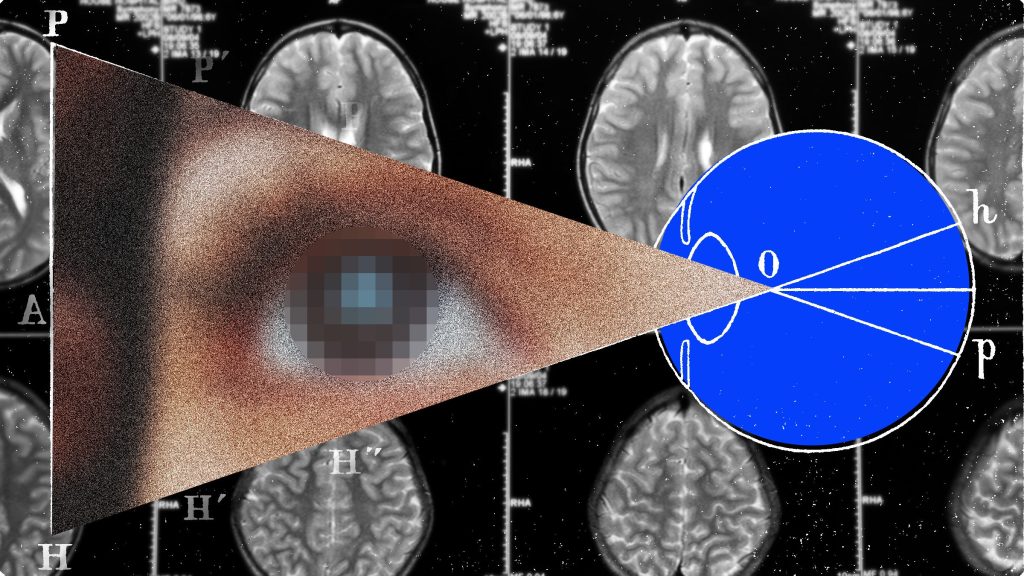Empowering Sight: Advancements in Artificial Vision Implants
1 min readThe Next Frontier for Brain Implants Is Artificial Vision
In recent years, the field of brain implants has made significant advancements in restoring lost sensory functions. One...

The Next Frontier for Brain Implants Is Artificial Vision
In recent years, the field of brain implants has made significant advancements in restoring lost sensory functions. One of the most exciting frontiers in this field is the development of artificial vision through brain implants.
Artificial vision involves using brain implants to bypass damaged or non-functioning parts of the visual system and directly stimulate the brain’s visual cortex. This technology has the potential to restore vision to individuals who have lost their sight due to conditions such as retinal degeneration or optic nerve damage.
Researchers are currently working on developing sophisticated brain implant systems that can provide high-resolution artificial vision. These systems use cameras or other sensors to capture visual information, which is then processed and transmitted to the brain through the implants. With continued advancements in technology and neuroscience, artificial vision systems are becoming increasingly complex and effective.
The potential applications of artificial vision are vast, ranging from assisting the blind in daily tasks to enhancing the vision of those with normal sight. As researchers continue to refine and improve brain implant technology, artificial vision holds the promise of revolutionizing the way we perceive and interact with the world around us.
Overall, the next frontier for brain implants is truly artificial vision. With ongoing research and innovation in this field, we are on the cusp of a new era in sensory restoration that has the potential to change countless lives for the better.






